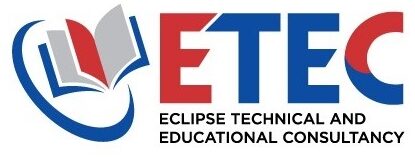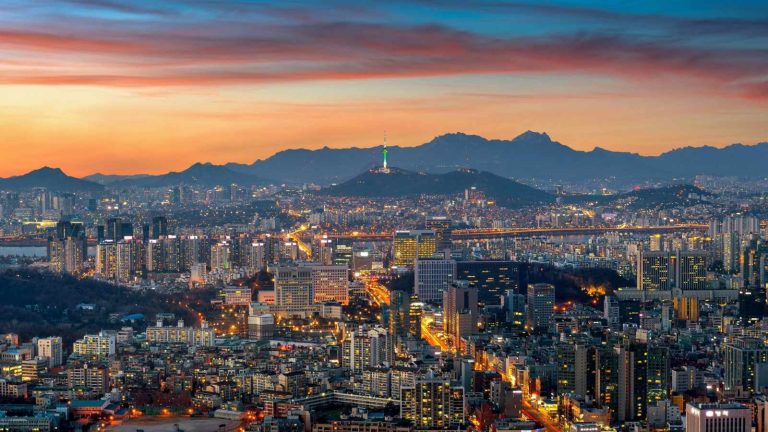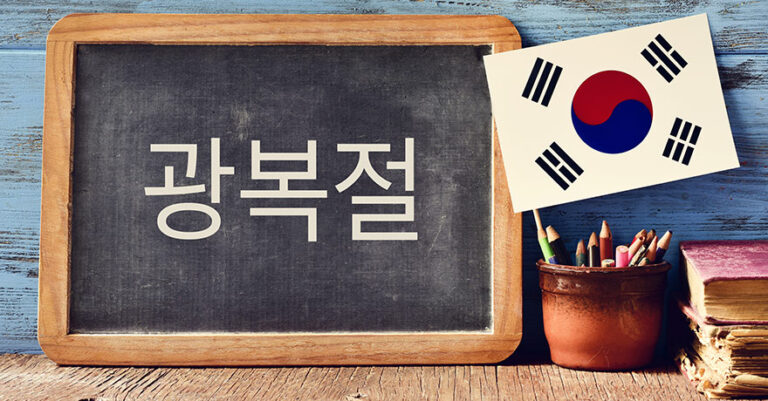Student Visa Requirements for Studying in Korea from Nepal
South Korea has become a popular destination for Nepalese students seeking higher education. With world-class universities, advanced technology, and vibrant culture, South Korea offers an excellent academic environment. However, before starting your educational journey, it is essential to understand the student visa requirements and application process. This guide provides a comprehensive overview of the student visa requirements for studying in Korea from Nepal.
Types of Student Visas for South Korea
South Korea offers two main types of student visas for Nepali students:
1. D-2 Visa (General Student Visa)
The D-2 visa is issued to international students enrolled in full-time degree programs such as bachelor’s, master’s, or doctoral studies. This visa allows students to pursue their major courses and work part-time during their studies. Key requirements for the D-2 visa include:
- Admission to a recognized South Korean university.
- Proof of financial stability.
- Proficiency in English or Korean through tests like IELTS or TOPIK.
2. D-4 Visa (Language Training Visa)
The D-4 visa is designed for students who wish to take Korean language courses before enrolling in a degree program. While this visa does not permit working or pursuing major courses, it is essential for students who need to improve their language skills. After completing the language program and passing the required proficiency tests, students can transition to a D-2 visa.

Eligibility Criteria
To apply for a student visa to South Korea, Nepali students must meet the following eligibility requirements:
For Bachelor’s Programs
- Completion of +2 level education with 3.2 GPA or more.
- IELTS score of 5.5 or higher (if applying for English-taught programs).
For Master’s Programs
- Completion of a bachelor’s degree with 2.8 GPA or 55% or more.
- IELTS score of 5.5 or higher (if applying for English-taught programs).
Language Proficiency
While many universities offer programs in English, proficiency in Korean (TOPIK) is often required for certain courses and can enhance your academic experience.
Document Checklist for Korean Student Visa Application
- Completed visa application form (download from the Korean Embassy/Consulate website in Nepal and fill it out accurately and completely).
- Valid passport (with at least six months of validity).
- Passport-sized photographs (as per Korean visa requirements).
- Acceptance Letter (Original letter issued by your chosen Korean university confirming admission).
- Proof of financial stability (bank statements, scholarship letters, or sponsorship documents).
- Health check-up certificate (some universities may require a medical report).
- Certificate of language proficiency (TOPIK, IELTS, or TOEFL if required).
- Academic transcripts and certificates (notarized copies).
- Statement of purpose (SOP) explaining your study plans in Korea.
- Visa processing fee (varies based on visa type).
- Police Clearance Certificate (PCC) (A PCC issued by Nepal Police may be required)
- Birth Certificate (Original and notarized copy)
- No Objection Letter(Issued by the Ministry of Education in Nepal)
Note: If documents are issued in English or Nepali, they must be translated into Korean by a certified translator.
Application Process for Studying in Korea from Nepal
Step 1: Research Universities
Choose universities offering programs aligned with your academic goals. Popular institutions include Seoul National University, Yonsei University, and Korea University.
Step 2: Apply to Your Chosen Institution
Submit your application directly to the university or through a consultancy that facilitates communication with South Korean universities.
Step 3: Gather Required Documents
Prepare all necessary documents mentioned above and ensure their accuracy.
Step 4: Submit Your Application
Submit your visa application at the Korean Embassy in Kathmandu along with the required fee (typically $40-$90 USD).
Step 5: Attend an Interview
Some applicants may be required to attend an interview at the embassy.
Step 6: Wait for Processing
Visa processing usually takes 2-4 weeks but can vary depending on embassy workload.
ALSO READ: What Are Job Opportunities in South Korea for Nepali Students?
Let Us Assist You
We’re here to help you navigate the process of studying in South Korea from Nepal. Whether you need guidance on visa requirements, choosing the right university, or understanding the application process, we’re committed to providing you with the support and resources you need. Feel free to CONTACT US with any questions or concerns!
People Also Ask (PAA) Questions
1. How much bank balance is needed for a South Korean student visa?
A minimum balance of USD 10,000 – 15,000 is required to demonstrate financial stability.
2. Can international students work while studying in Korea?
Yes, D-2 visa holders can work up to 20 hours per week during semesters and full-time during vacations.
3. What is the visa processing time?
Generally, it takes 2-4 weeks to process a student visa.
4. Is IELTS required for studying in South Korea?
Some universities require IELTS or TOEFL, while others accept TOPIK (Test of Proficiency in Korean).
5. Can students apply for permanent residency in Korea?
Graduates can apply for a D-10 Job-Seeker Visa, followed by a permanent residency application after securing stable employment.






